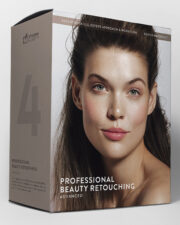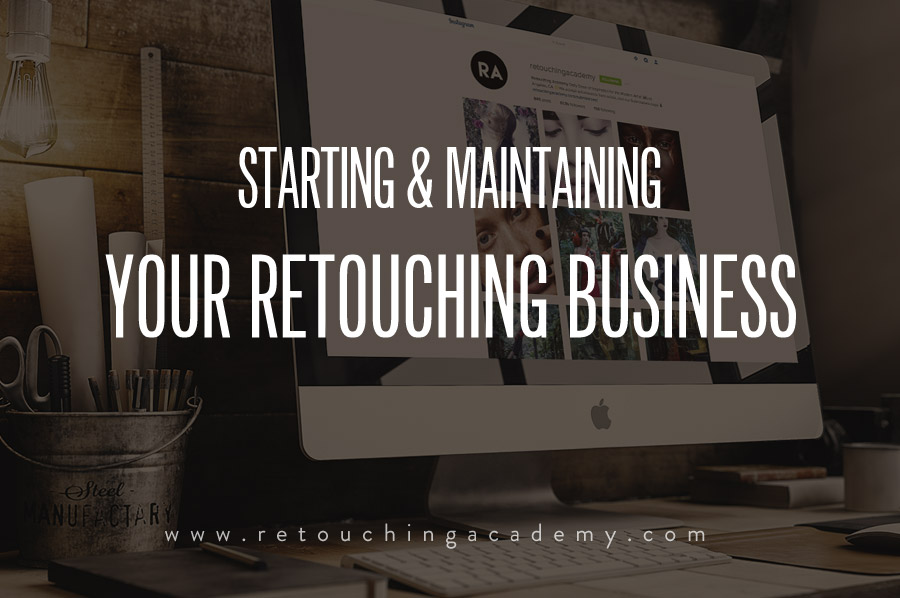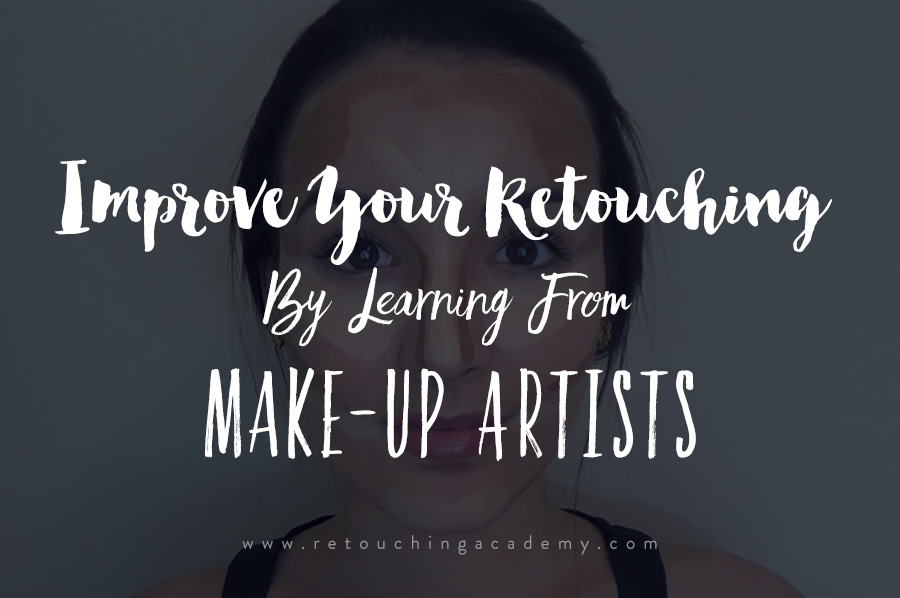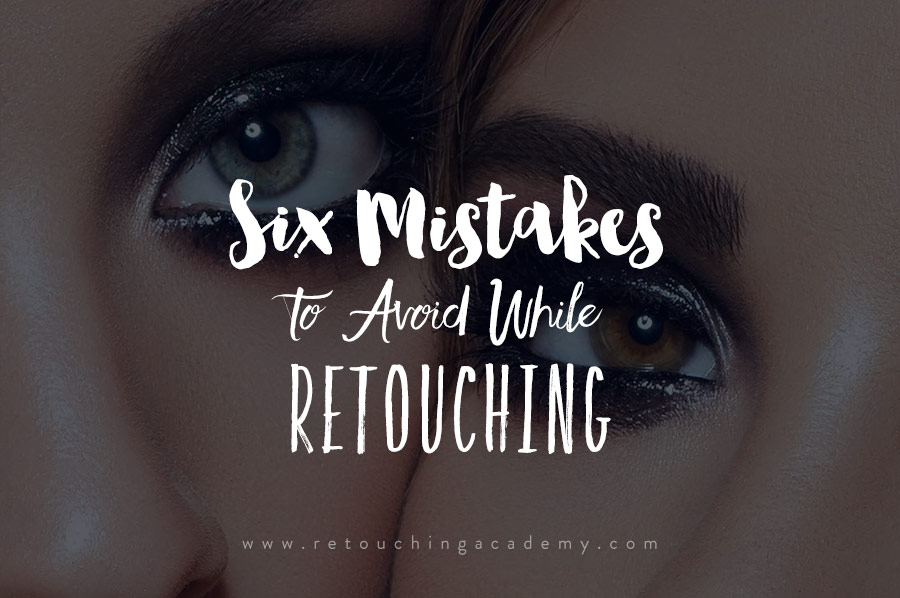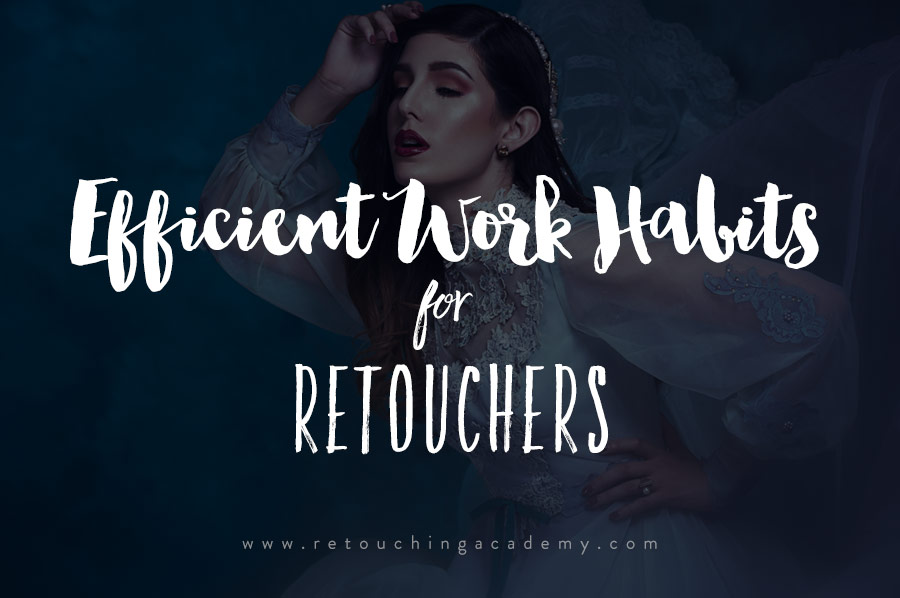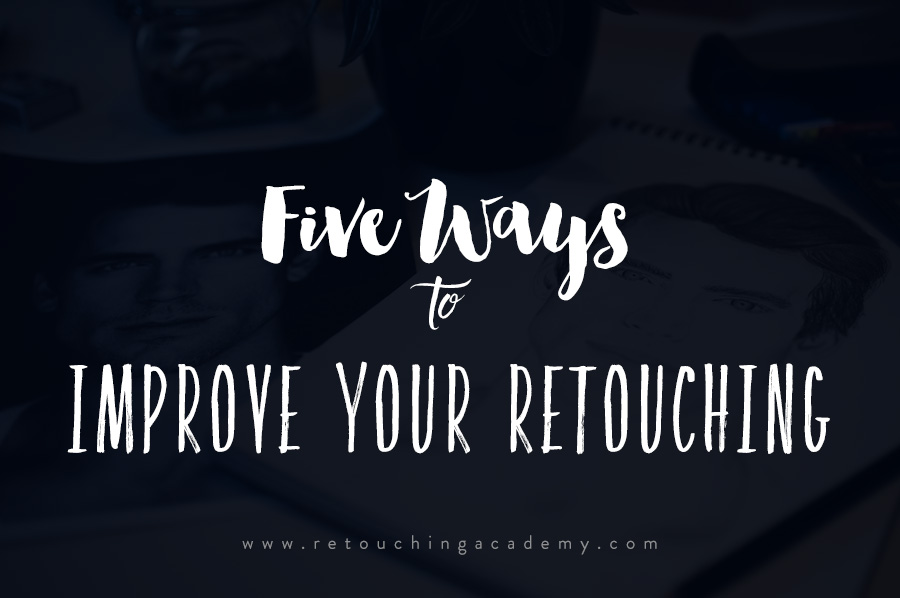Waking up all hazy, you raise your head up, your eyes slowly focusing back in, you come to and suddenly realize, you fell asleep at your day job, again.
Most days, you find yourself unfulfilled, bored and unchallenged. Back at home, you’re a passionate photography and retouching enthusiast. Every day you wait for your shift to end, so you can rush home to tinker and experiment with new retouching techniques in Photoshop.
You watch endless YouTube retouching time-lapses and tutorials with gleeful inspiration. After several weeks, months or perhaps even years, you start to think that maybe you’re good enough to start freelancing, lusting at the idea of possibly one day quitting that dreadful day job altogether.
Or, perhaps, you don’t have any job security at the moment. For you, freelancing may seem like a reasonable option to diversify, or even gain an income. By now, you’ve already started to seriously consider the question of “am I good enough?” Whatever the reasons, you’ll want answers to this question and more.
Using myself as an example: I’m a photographer, a teacher, a writer and a retoucher. This sounds like a lot, and sometimes it can be quite overwhelming, but this diversity lets me fill in the gaps where they need to be filled. It is a great alternative to the security of a single day job (which I don’t personally consider to be all that secure in today’s economy anyway).
But back to the question at hand: “When are you good enough?”
RELATED: Becoming a Professional Beauty Retoucher
The whole “good enough” torment we put ourselves through will ultimately depend on what we define as being “good” in the first place. Being “good enough” in and of itself is subjective as a person’s definition of “good” will invariably be different from person to person. So, if the definition of “good enough” is always subjective, how can we objectively measure our own “good enoughness”?
While there may be other ways to determine this, I believe the most pragmatic approach would be by performing the following two exercises.
The first is an exercise of self-reflection. You must put your emotions and feelings aside and objectively look at your work. Study it, be critical about it, and ask yourself honestly: “How does this compare (objectively) to other known industry professionals.” Deep down, if you’re honest with yourself, you’ll know. However, if you’re still on the fence or would prefer additional affirmation, then continue on.
The second option: seek out the opinions of unbiased professionals whom you respect to critique your work – the more, the merrier. Most professionals I know would happily offer to advise and critique someone’s work – if asked nicely. A word of caution; go in knowing there may be a possibility that you may not like what they have to say.
By now, based on their feedback – and your own – you should have more than enough information on whether or not you should pursue freelancing, or hang onto that day job a little while longer.
When your work is mediocre, should you still attempt to freelance?
Sure, do what you want, we’re free people after all! Just know that you won’t be doing yourself, or your clients any favors. They’ll likely be disappointed, you’ll likely be disappointed, and there is a good chance your freelancing days will be over before they even have had a chance to blossom.
Having a strong portfolio, proven skills, and consistent results is key to being a successful freelancer.
RELATED: How to Build Your Dream Retouching Portfolio in 5 Easy Steps
FINAL THOUGHTS
Freelancing can be a very rewarding form of making a living; however, it is not for the faint of heart. Prepare yourself for rejection; it’s unavoidable, so you’ll need to develop a thick skin.
Moreover, you’ll also need a strong work ethic and the motivation to get the tasks done, regardless how much you like the brief, and done on time. Clients expect results, and freelancers often work under intense and punishing deadlines. Without these attributes, you may find yourself in a perpetual struggle with high odds of failing.
And while we can’t help you become more reliable or resilient, our Professional Beauty Retouch video course can help improve your skills and lay a foundation for professional retouching methods and habits so you are ready when the opportunity presents itself:



